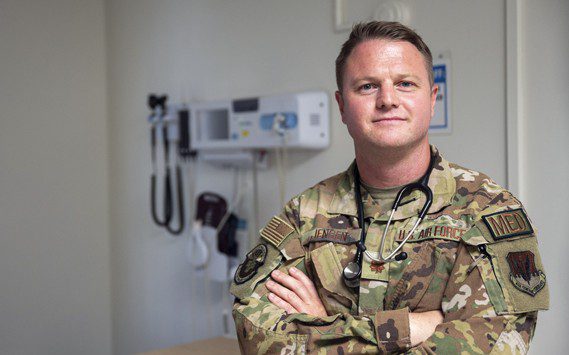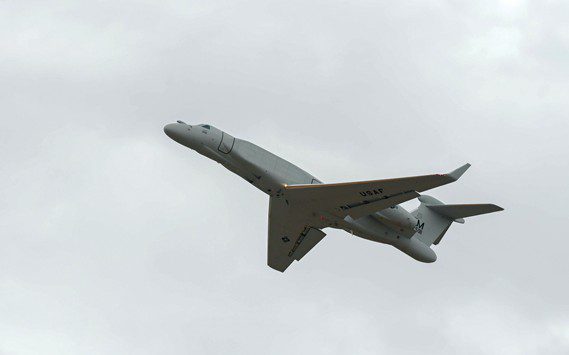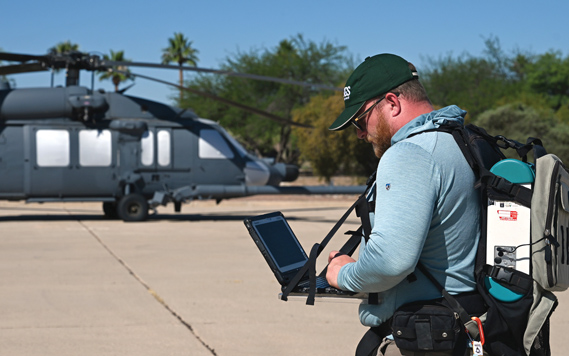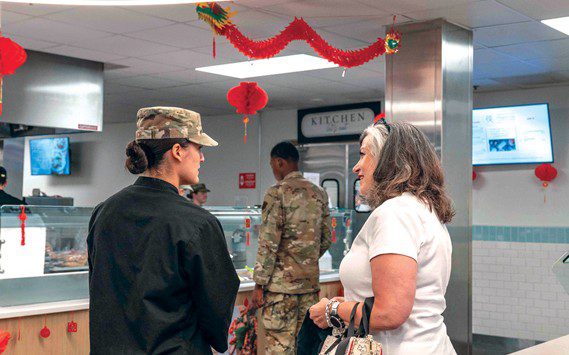LUKE AIR FORCE BASE, Ariz. — Change is inevitable, especially in today’s Air Force. If you’ve been serving for more than a few years, it’s likely you’ve experienced everything from new physical fitness requirements to the implementation of force management programs. Enlisted performance reports and feedback forms have been altered and changes to the promotion system are rapidly approaching.
We expect those in positions of authority to regularly scrutinize programs and processes in order to maximize efficiency and productivity. As a result, we also expect them to execute changes, when necessary. When these changes appear, those affected by them have two choices: comply, or grudgingly comply. The difference between these two choices is the individual’s willingness to make the adjustment.
We all have had to “hurry up, and wait” at some point in our military career. We all have had to get an out-processing checklist signed only to find out that the sole point-of-contact is on leave all week.
However, what some may not notice is that it’s during these moments that internally we make an adjustment. We adapt to whatever is in front of us, we complete the task at hand and we do our part to support the mission.
As the Air Force continues to evolve it is our responsibility to be flexible. It benefits no leader to hold on to the past as if it were promised it would always be that way. We owe the Airmen to whom we will be passing the reigns more than pointless reminders of how the Air Force used to be.
Some may be secretly fearful that they cannot succeed under new and unfamiliar conditions. That would be a valid concern, especially if you prepared for years to face a specific challenge or have grown proficient at accomplishing a process a certain way only to see it changed. Nevertheless, if you have made it this far in your Air Force career you’ve demonstrated you can adapt to whatever you face.
Think about how many personal and professional adjustments an individual needs to make before they can even enter the NCO tier. Every one of us has had to make personal adjustments such as arranging our life so we can be on time to work, as well as professional adjustments such as learning the correct way to wear the uniform.
Some of these things we’ve done without much thought. If you can navigate basic training, technical school, 12-hour shifts, physical training tests, overseas tours and deployments, then it is safe to say you can handle the future challenges that await us. You have made adjustments before, now do it again, because tomorrow there will be more.











